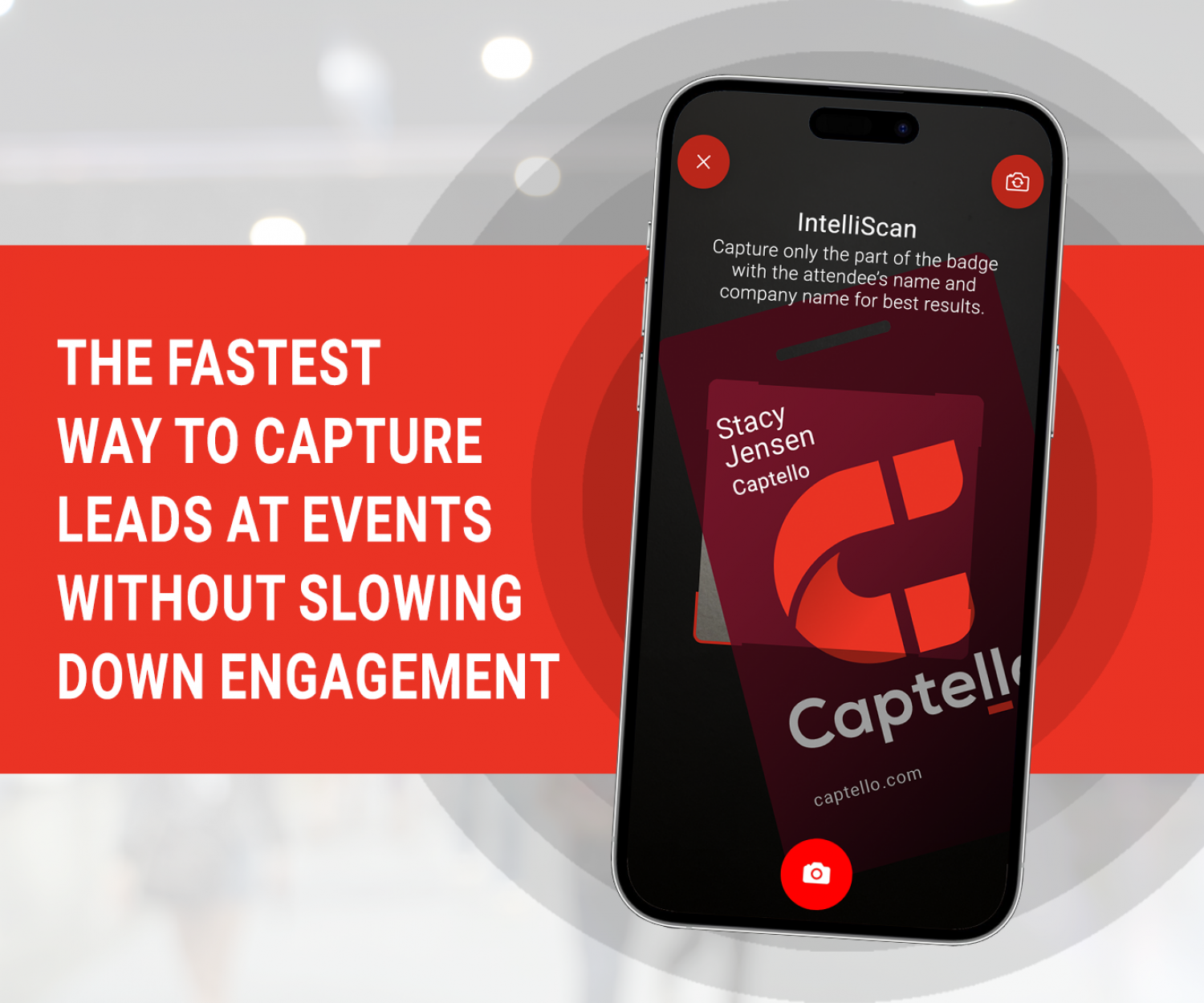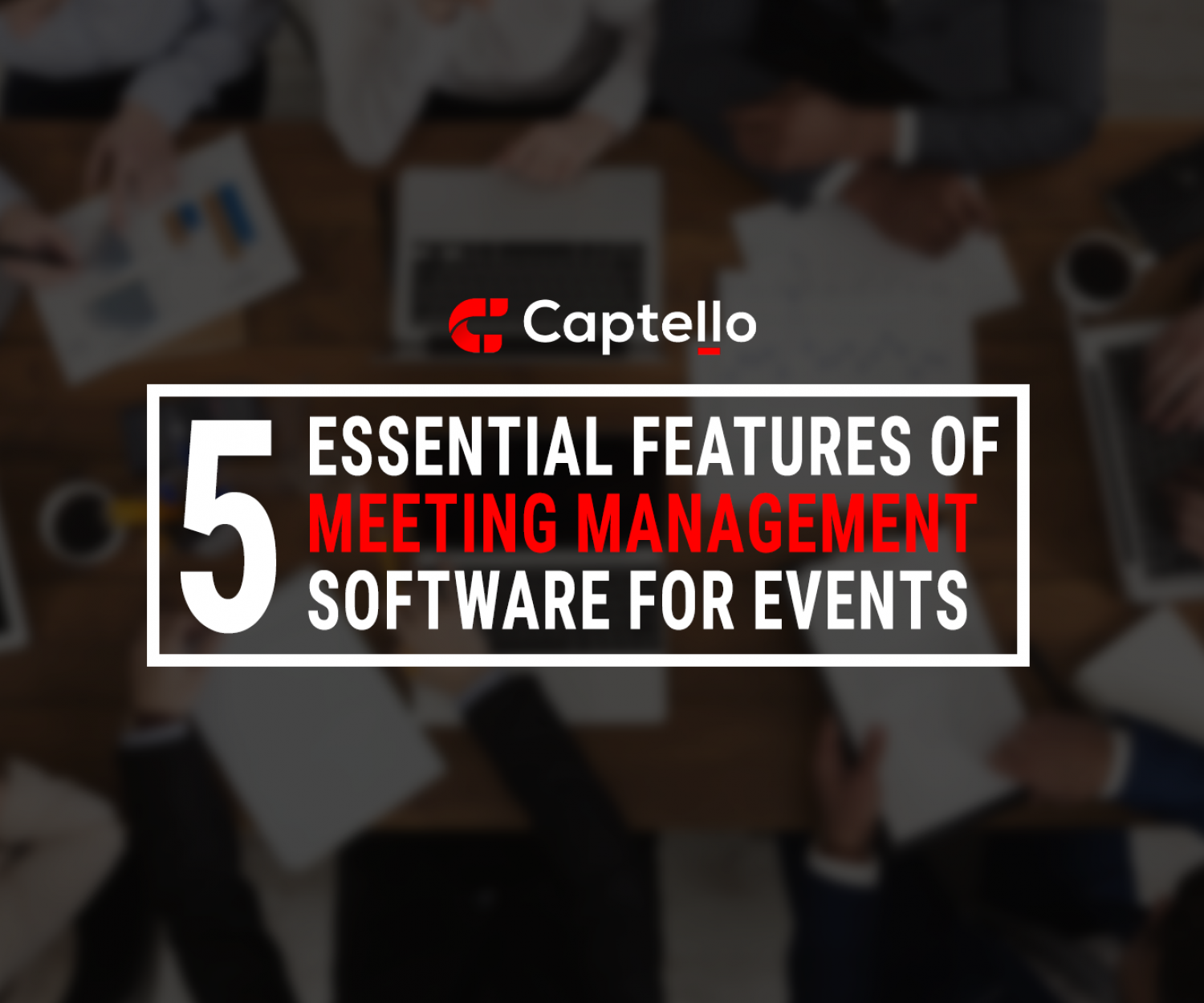Trade shows and conferences are some of the most significant opportunities for exhibitors to engage with potential buyers, partners, and existing customers. Face-to-face meetings are where relationships are built, deals are discussed, and opportunities for revenue growth take shape.
However, many exhibitors struggle with the logistics of scheduling and managing meetings at events. Without an efficient system in place, it becomes difficult to coordinate appointments, ensure availability, and track the impact of these conversations.
If you’re still relying on spreadsheets, Outlook, or manual scheduling methods, you may be missing out on valuable opportunities and leaving money on the table. This blog explores the challenges exhibitors face when scheduling meetings at events and why a modern approach is essential for maximizing ROI.
1. Spreadsheets: Unorganized and Error-Prone
Spreadsheets have long been a go-to tool for organizing event meetings. While they provide a central place to list appointments, they quickly become difficult to manage, especially for large teams coordinating dozens—or even hundreds—of meetings at a single event.
- No real-time updates: If multiple sales reps are booking meetings independently, keeping the spreadsheet updated becomes a nightmare.
- Lack of collaboration: Without a centralized system, different team members may end up double-booking executives, meeting spaces, or themselves.
- No automation: Everything has to be entered manually, increasing the risk of errors such as overlapping meetings, incorrect time zones, and missed follow-ups.
As events grow in complexity, spreadsheets become more of a burden than a solution.
2. Calendars: Time Zones, Conflicts, and Missed Opportunities
Many exhibitors try to manage meetings using Outlook or Google Calendar—which works well for everyday scheduling but fails in high-volume event environments.
- Time zone confusion: With global attendees, it’s easy to miscalculate time zones, leading to missed or delayed meetings.
- No visibility across teams: If sales reps book meetings individually, executives and product specialists may not have insight into key conversations happening at the event.
- No attendee coordination: These tools don’t provide a way to match meeting attendees with the right internal stakeholders or optimize meeting locations.
The result? Missed opportunities, uncoordinated schedules, and a lack of insight into meeting effectiveness.
3. Disjointed Sales Team Coordination
For exhibitors, event success depends on ensuring the right prospects meet with the right company representatives. However, without a unified system:
- Sales teams book their own meetings independently without checking availability.
- Marketing teams don’t have visibility into how many meetings are scheduled or with whom.
- Executives may show up unprepared because there’s no centralized place to view meeting objectives.
This lack of coordination means exhibitors risk losing high-value meetings simply because they don’t have an efficient way to manage their scheduling process.
Centralizing Meeting Scheduling
Instead of relying on individual team members to book meetings separately, an MMP centralizes the entire scheduling process, allowing exhibitors to:
- View all scheduled meetings in one place.
- Ensure executives and product experts are available at the right times.
- Assign the right internal attendees based on meeting objectives.
Automating Administrative Tasks
With a dedicated system, exhibitors can automate scheduling tasks such as:
- Sending meeting invitations and confirmations.
- Managing cancellations and rescheduling.
- Keeping all team members updated in real time.
Reducing Time Zone & Double-Booking Issues
By providing real-time availability and automated time zone conversion, an MMP eliminates the risk of errors that often occur when managing meetings manually.
Improving Sales Team Alignment
A unified meeting system ensures that:
- Marketing, sales, and executives are aligned on who is meeting with whom.
- High-value prospects don’t get overlooked.
- Sales teams can prioritize top leads for follow-ups after the event.
Enhancing Event ROI with Meeting Insights
Instead of leaving an event uncertain about its impact, exhibitors using an MMP can track:
- How many meetings took place.
- Which prospects had meaningful discussions.
- How those meetings influenced pipeline growth and revenue.
Creating a Seamless On-Site Meeting Experience
An MMP not only helps with pre-event scheduling but also enhances on-site meeting execution by:
- Providing check-in functionality for tracking meeting attendance.
- Sending automated reminders to prevent last-minute no-shows.
- Allowing real-time adjustments for rescheduling or relocating meetings as needed.
By addressing these pain points, exhibitors can turn more meetings into meaningful business opportunities and justify their event investment with real, measurable results.
If your company invests in trade shows and conferences, your meeting strategy should be as strong as your booth presence. Using spreadsheets, Outlook, or disjointed scheduling methods leads to missed opportunities, scheduling chaos, and wasted resources.
A modern Meeting Management Platform gives exhibitors the tools to organize meetings efficiently, reduce scheduling conflicts, and maximize event ROI.
As trade shows become more competitive, exhibitors who embrace better meeting management will gain a clear advantage. If your company wants to make the most of its event investments, it’s time to rethink how you schedule, manage, and track event meetings.




